Vitamin K2 for Healthy Bones, a Strong Heart and So Much More
Discovered in the 1920s, vitamin K is similar to vitamin B in that it's more of a family of nutrients than one single compound. Vitamin K1, for example, is a nutrient found naturally in leafy green vegetables, while vitamin K2, a fat soluble micronutrient, is most often found in meats, cheeses, eggs, fermented dairy products and other fermented foods like natto. K2 (also known as menaquinone) is the lesser known K vitamin, but it’s catching the attention of researchers and supplement users for its wide range of potential applications.
Vitamin K as a family plays a critical role in blood coagulation, which is how the nutrient got its name. The German scientists who first reported its discovery called it Koagulations-vitamin, or vitamin K for short.1
Though blood clotting remains vitamin K’s most well-known function, K2 in particular plays a very specific role in bone health and, in a related manner, may also impact cardiovascular health.
Let’s take a closer look at the different types of vitamin K2.
Different Types of Vitamin K2
Just as there are several forms of vitamin K, there are also a few different forms of vitamin K2. The two main forms that are available in supplement form are menaquinone-4 (MK-4) and menaquinone-7 (MK-7),2 however MK-4 is rare as a supplement because it has such a short viable life span.
Thus, your body has a limited window to make use of the nutrient, and you end up having to take several doses per day to make it worth it. As such, if you’re buying a K2 supplement, chances are high you’re buying menaquinone-7, so we’ll focus the rest of the discussion on MK-7.
Supplemental MK-7 is most often derived from a natural bacterial fermentation process, offering a number of potential health benefits. Swanson's vitamin K2 is derived from Japanese natto (a fermented soybean product) which is the richest natural source of vitamin K2.
As a fat-soluble nutrient, it’s important to take vitamin K2 supplements with some form of fat to ensure absorption. For those who prefer diet over supplements, eating just a teaspoon of natto per day is roughly equivalent to a common dosage of supplemental menaquinone-7.
Vitamin K2 for Heart Health and Bone Health
Let’s get back to basics for a moment. The main role vitamin K plays in your body is promoting blood coagulation and blood clotting. It does this by way of activating the natural calcium binding properties of various proteins (blood clotting). While vitamin K1 is involved in this coagulation process, vitamin K2 actually influences where that calcium ultimately ends up in your body. Specifically, K2 promotes proper calcium storage by activating the vitamin K-dependent matrix Gla protein which regulates mineralization in the vascular system. Matrix Gla protein removes free circulating calcium and directs it to the bones.
Interestingly, it’s this influence over calcium that connects vitamin K2 to both heart health and bone health.3 K2 promotes osteo health by supporting bone formation. It is a cofactor for the vitamin K-dependent protein called osteocalcin which is responsible for bone mineralization. Vitamin K2 helps convert inactive osteocalcin to active osteocalcin which binds to calcium and contributes to stronger bones. As many are aware, calcium is a mineral most often associated with bone health, as it is a primary component of your bone structure. But calcium is also found in arteries and blood vessels, where it can have negative health effects at high quantities.
Vitamin K2 has been shown to help with the removal of calcium from the lining of your blood vessels, as well as the redistribution of that calcium back to your bones. Without adequate levels of K2, this process is inefficient and can lead to bone and cardiovascular health issues. This connection has led many health professionals to recommend vitamin K2 supplements to those who are already taking bone health supplements like vitamin D, calcium and magnesium to ensure the calcium gets to where it’s supposed to go: your bones.
When it comes to bone health, research strongly suggests vitamin K2 is helpful in preserving bone strength and structure. Studies examining menaquinone 7, or MK-7, from natto show increased intake may be linked directly with increased bone-matrix formation and bone mineral density. The results are backed up by a 3-year study of more than 900 women aged 20 to 79.3
Vitamin K2 for Mood and Glucose Support
Recent clinical studies with women found supplementation with the menaquinone-7 form of vitamin K2 may provide support for mood as well as support for blood sugar metabolism and lipid levels already within the normal range.
Which Foods are High in Vitamin K2?
Unfortunately, getting enough vitamin K2 from your diet can be tough. It’s only vegetarian source is natto, due to the specific bacteria used during the fermentation process. Certain animal-derived foods contain K2 due to the way in which the animals digest grass. Cows, for example, can make their own K2 from the K1 found naturally in the grass. Thus, grass-fed beef products are a natural food source of vitamin K2. Liver, meat, eggs and high-fat dairy are your best bets if you’re not keen on natto.
Further complicating the matter is the fact that our bodies, in general, just aren’t that good at absorbing vitamin K from food. For example, you only absorb about 10% as much vitamin K from spinach as you would from a tablet (approximately 80%).2 Your body can convert, though inefficiently, some vitamin K1 into K2. So, if you’re set on eating your daily vitamin K2 versus supplementing, here’s a list of foods with healthy quantities of K1 you can add to your grass-fed beef products.
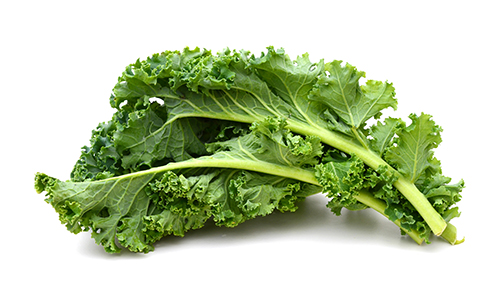 |
Kale |
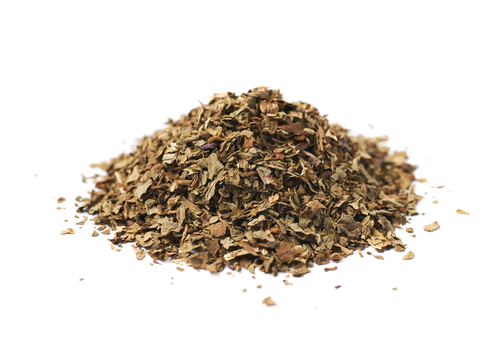 |
Dried basil |
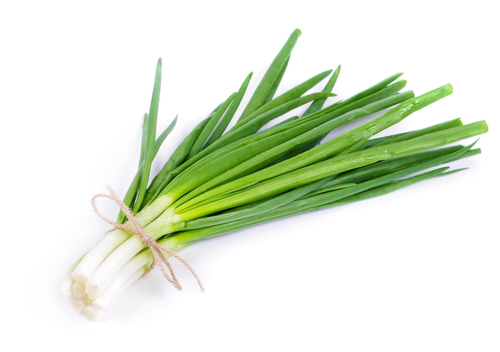 |
Scallions |
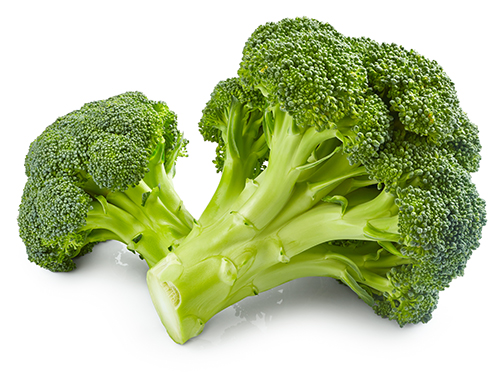 |
Broccoli |
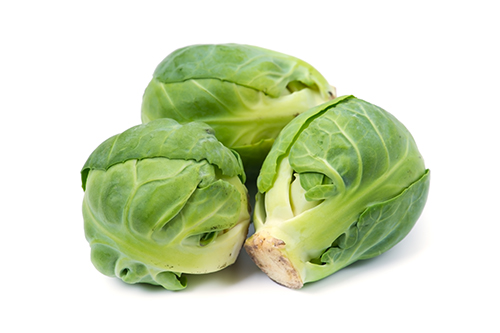 |
Brussels sprouts |
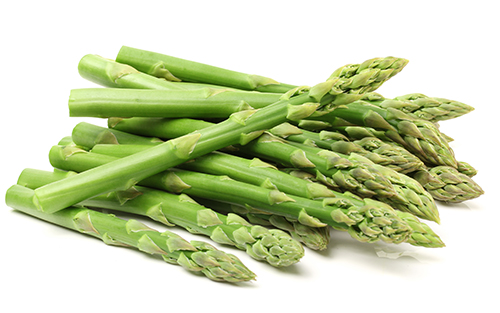 |
Asparagus |
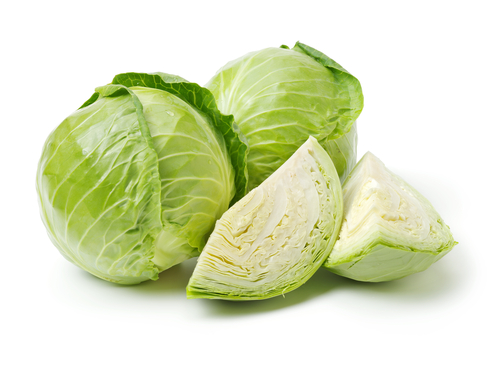 |
Cabbage |
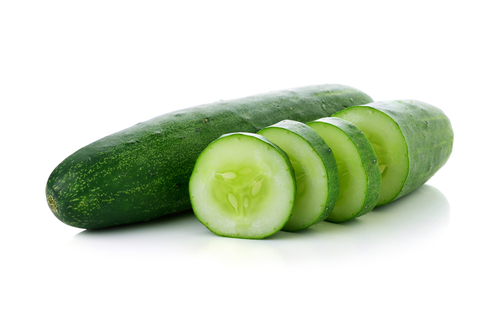 |
Cucumbers |
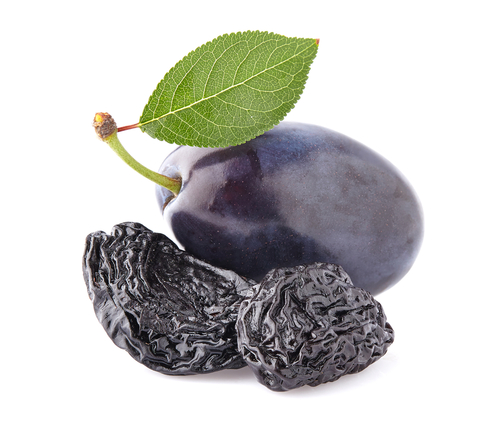 |
Prunes |
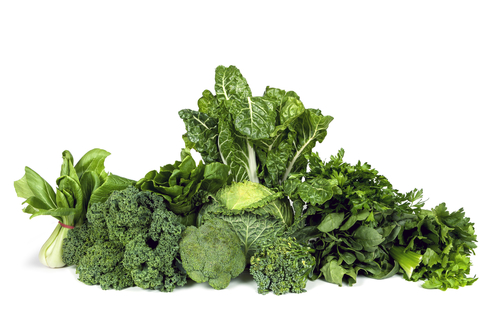 |
Most leafy greens |
If you're looking for a convenient way to enjoy the benefits of vitamin K from real food sources, try Swanson's Real Food Vitamin K2. This supplement form is derived from Japanese natto, a fermented soybean product considered to be the richest natural source of vitamin K2. As a fat-soluble vitamin, the K2 in this formula is better delivered to your system by the presence of sunflower seed oil in every softgel.

About Amy Sunderman, MS, RD
Amy is a registered dietitian, nutritionist and author with more than 20 years of experience in the supplement industry. Amy is passionate about dietary supplements and the health benefits they offer. She enjoys working to find novel nutritional ingredients with strong clinical research behind them to drive innovation and provide health-promoting products to consumers.
*These statements have not been evaluated by the Food and Drug Administration. These products are not intended to diagnose, treat, cure, or prevent any disease.
Sources
1. Vitamin K2: Everything You Need to Know. Healthline. Read source
2. Vitamin K. National Institutes of Health. Read source
3. Proper Calcium Use: Vitamin K2 as a Promoter of Bone and Cardiovascular Health. National Library of Medicine. Read source




